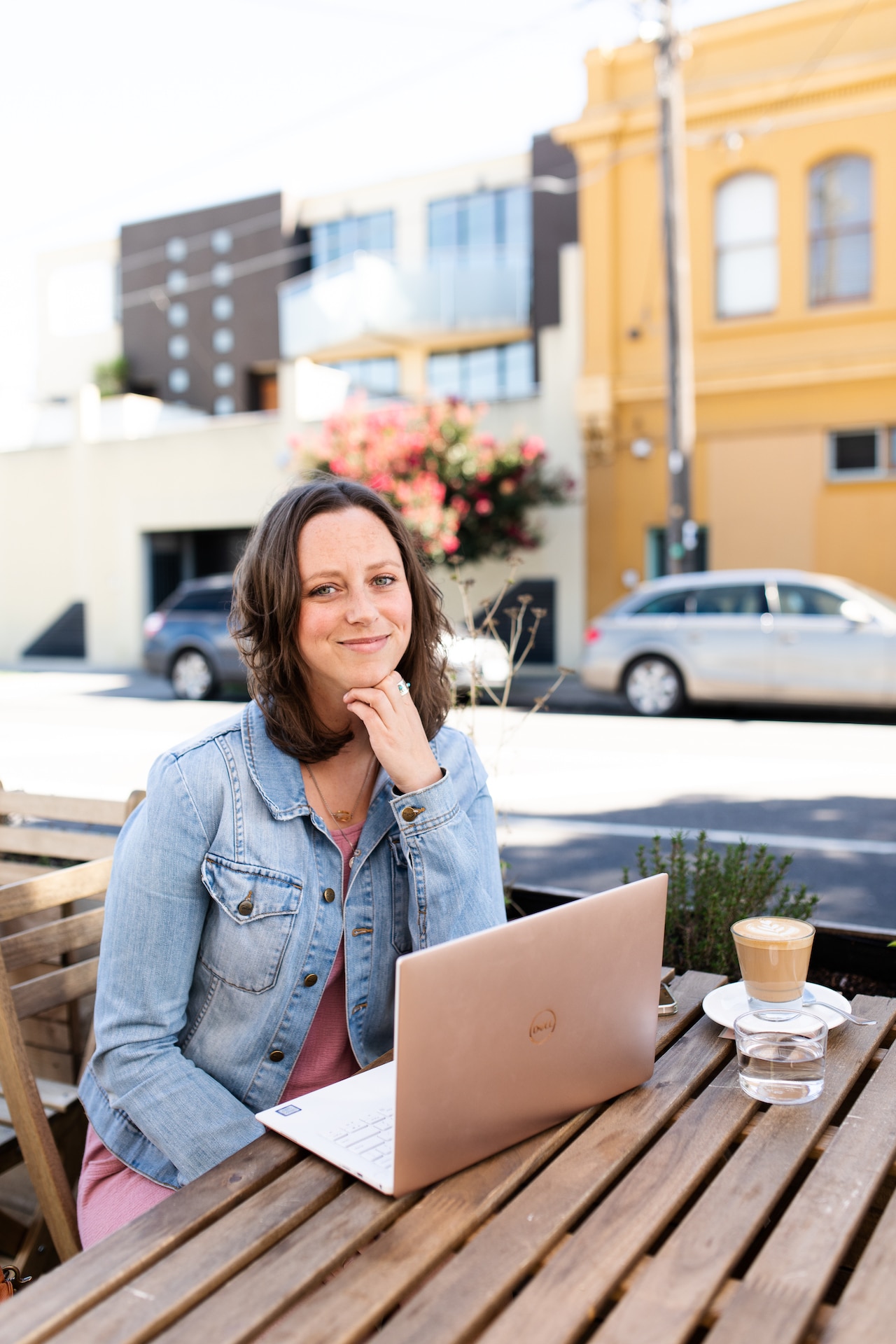Below are my six handy pointers for travelling in a non-jerk fashion.
Get to know the culture
You will make a cultural blunder at some point, but hiding under a rock for the remainder of your trip isn’t necessary. When it happens, stay calm, keep smiling, and apologise appropriately (Hold back the tears and be mindful of your body language!). Jot down these common cultural faux pas for future trips: in Thailand, don’t point your neatly manicured toes at anyone; never order a cappuccino in Italy after 10am; and try to be no more than a minute late in Hong Kong. If in doubt, observe and ask. And always treat others as if they were a guest in your home.
Be an animal lover
Elephants and tigers are some of the most loved animals in the world, which makes total sense. (An elephant’s trunk is basically an inbuilt sprinkler system for those hot, summer days.) When visiting Asia, you’ll be offered an elephant ride or a chance to feed tiger cubs. Before you say yes, have a think about the animal’s welfare: these critters spend long days chained up entertaining tourists. By all means pay to see exotic animals, but look for wildlife parks that allow them to live in their natural habitat and do what animals do – laze around in the sun, eat, and poo.
Take ethical photos
Why does the everyday stuff interest us the most? Like people eating with their hands in India or kids having a bath in the river in Tanzania. Maybe it’s because our minds are blown when we realise there’s a different way to do something we’ve taken for granted our whole lives. Or maybe we’re all just nosey parkers. If you want to capture these beautiful moments that’s fine, but before you do, ask yourself: would I be ok having my picture taken right now? Always ask the person’s permission before you snap away (hand gestures go a long way), and be sensitive to private and intimate moments.
Barter nicely
Good bartering is like a first date: you ask a lot of questions to see if there’s a match. And like any first date there are rules: before negotiations get underway, know you’re price, and be sure you really want the item. Because once you start it’s implied you’ll leave with the hand-sewn, woolen Moroccan scarf you’re holding – once you’ve agreed on a price, of course. Like any relationship, things can get out of hand fast (thoughts like “This scarf is MINE no one else can have it!” are common). It’s all a bit of fun, but remember: for street hawkers it’s also their livelihood.
Give to local groups
It’s commonly accepted you shouldn’t give money directly to beggars, but that doesn’t mean you can’t support the individuals you meet and cities you visit. Does a specific issue (girls’ education, unemployment, or access to clean water) make you so mad you want to throw punches and scream: “Why is life unfair?” Or inspire you to change the way you live? Instead of spending your leftover local currency buying a magazine at the airport, give it to a local organisation. Help them tackle the causes of the begging industry: poverty and trafficking. And really, you can’t buy a better souvenir than that.
Minimise your impact
Respect those signs at historical sites. As tempting as it is to run your fingers over Egypt’s millennia-old hieroglyphics, your touch corrodes the paint. Even breathing destroys the art (don’t worry no one expects you to hold your breath). If you’re handsy, repeat to yourself: you look with your eyes, not with your hands. (Finally I can put this saying to good use, thanks mum!) Have a think about what you leave behind as well. Countries like Cambodia don’t have formal recycling programs, so your bottles of sweet-smelling lavender shampoo end up in landfill. It might be best to re-use and refill.
This piece was originally written for and was featured in issue 69 of Frankie.
Featured image by Rachel Kurzyp.





